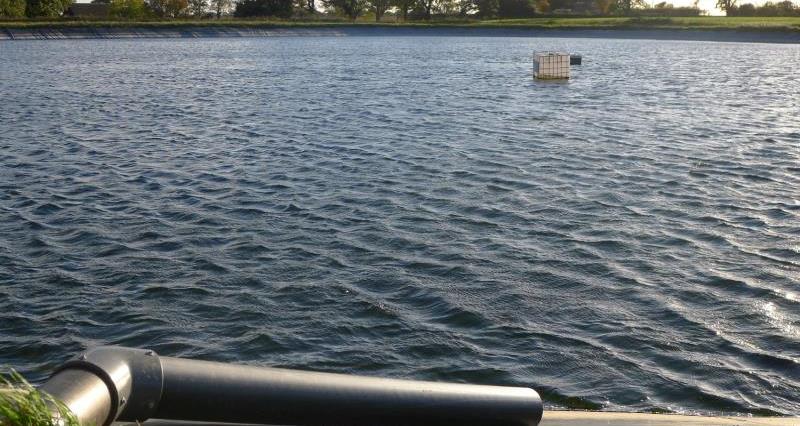We said that on-farm reservoirs make an important contribution to sustainable development and that the planning system should recognise them as ‘part of the solution’ to water scarcity.
- Members can read our full response to the Rural Planning Review here.
We have set out a number of recommendations for improving the way planners deal with reservoirs as part of our submission to a call for evidence from the Department for Communites and Local Government and Defra in respect of rural panning.
Farmers and growers increasingly recognise that on-farm reservoirs offer a potential solution to climatic, environmental and regulatory pressures. Winter (or, more correctly, high flow) reservoirs allow growers to manage the risk of water shortages by giving them the option to collect water at times of surplus for use at times of scarcity.
More...
- NFU responds to Rural Planning Review
- Irrigation, drough, flood and NVZs - our Water Issues section
- Growers urged to complete AHDB water survey
- NFU survey highlights water worries
- From NFUonline: Our one-stop Water section - irrigation, flooding, NVZs...
- Call for light touch as trickle irrigation licensing approaches
- NFU rejects proposals to regulate water transfers into drainage districts
We believe that an expanded reservoir construction programme is needed if food production is to become more resilient to future climatic events and meet the needs of a growing population. Moreover, reservoirs will need to be bigger so that they can store sufficient water to cope with two or more dry years.
Paul Hammett, NFU national water resources specialist, said that farmers need to be able to rely on a planning system that supports rather than hinders what they are trying to do.
“Reservoir projects are very expensive and a lack of clarity or inconsistent interpretation of complex planning rules can frustrate farmers by adding to the cost and time taken to deliver a project,” he added.
“That’s why we’ve made a specific set of observations about reservoirs as part of our general comments about rural planning.”
The NFU is calling for a simplified planning system that promotes the rural economy, reduces risk and allows farmers and growers to respond to the many and varied business challenges they face.
We believe that the planning system should contribute to improving our food security by helping to create conditions that will allow farms to thrive as part of a strong, sustainable rural economy.
It follows that the rural planning system needs to be informed, updated and properly resourced to promote the crucial role that modern farming plays in the rural economy.
Our reservoir recommendations:
Government should:
- Simplify the scope of the General Development Permitted Order (GDPO) by confirming that reservoirs constitute permitted development irrespective of their size
- Encourage local planning authorities to support reservoir projects through the ‘prior approval’ process irrespective of their size
- Re-appraise the Environmental Impact Assessment (EIA) regulations to ensure they are not unduly onerous and recognise the contribution that reservoirs make to sustainable development
- Encourage local planning authorities to approve planning applications subject to archaeological investigations rather than on completion of lengthy investigations
- Reinforce existing guidance to local planning authorities that applications for farm reservoirs should be supported and encouraged in local development plans and policies
- Recommend to local planning authorities that applications for sand and gravel applications arising from reservoir construction projects should be encouraged and accommodated within the local Minerals Plan
- Encourage local planning authorities to produce farm reservoir design guides which focus on a clear set of planning procedures to be followed; with guides to be produced on a county or local landscape designation basis as appropriate
- Designate as ‘nationally significant’ for planning purposes any network of farm reservoirs across any catchment in recognition of the contribution to national food security.
